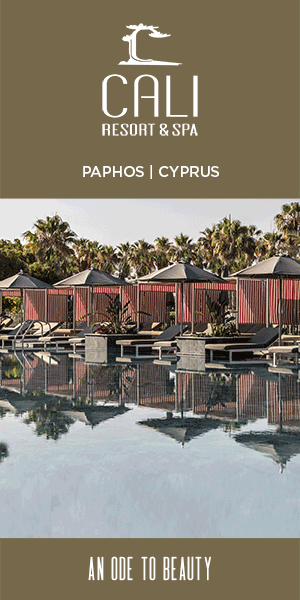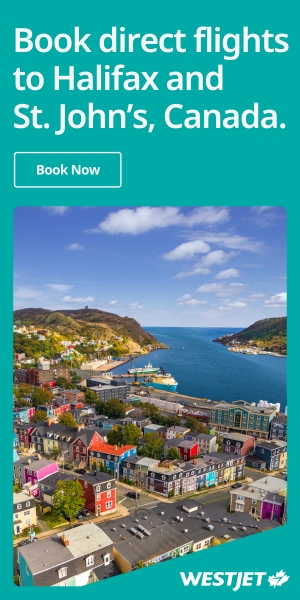South Africa?s currency, the rand, has devalued by between 22% and 32% against major currencies over the past 12 months, making it a good time to visit the country.
p>South Africa?s currency, the rand, has devalued by between 22% and 32% against major currencies over the past 12 months, making it a good time to visit the country.In the country?s Eastern Cape province, luxury game reserves are reporting increased visitor numbers, particularly from North America and Europe.
Popular among travellers are Cape Town-Garden Route-safari self-drive itineraries. As an example of prices, a ten-night itinerary spending four nights in Cape Town, three nights on the Garden Route and three nights on safari, including car hire and meals, costs approximately ?650 between May and August. For those who prefer not to drive in an unfamiliar country, there are chauffeur-driven and shuttle options or flights spanning the Garden Route between Cape Town and Port Elizabeth.
The latest figures from South African Tourism reveal that tourists are spending on average two days longer in South Africa than they used to three years ago. Due to the rand?s devaluation, these ?extra? two days are essentially for free because the tourists are spending the same amount of dollars or pounds as they did three years ago.
Port Elizabeth, 750km from Cape Town and location of the main airport accessing the Eastern Cape and the Garden Route, is seeing increasing numbers of foreign visitors, according to the CEO of Nelson Mandela Bay Tourism.
Rick Van Zyl, founder of Lalibela Game Reserve (www.lalibela.net), which is located an hour?s drive from Port Elizabeth, also notes a marked increase in bookings from Europe, the UK and North America over the past year.
He said: ?Most travellers to Africa and South Africa are looking for a safari experience and we have benefited greatly from the increased numbers of visitors to Cape Town. We are a short hop down the coast and a logical choice for travellers who want to avoid malaria areas.?
For more information see www.lalibela.net








